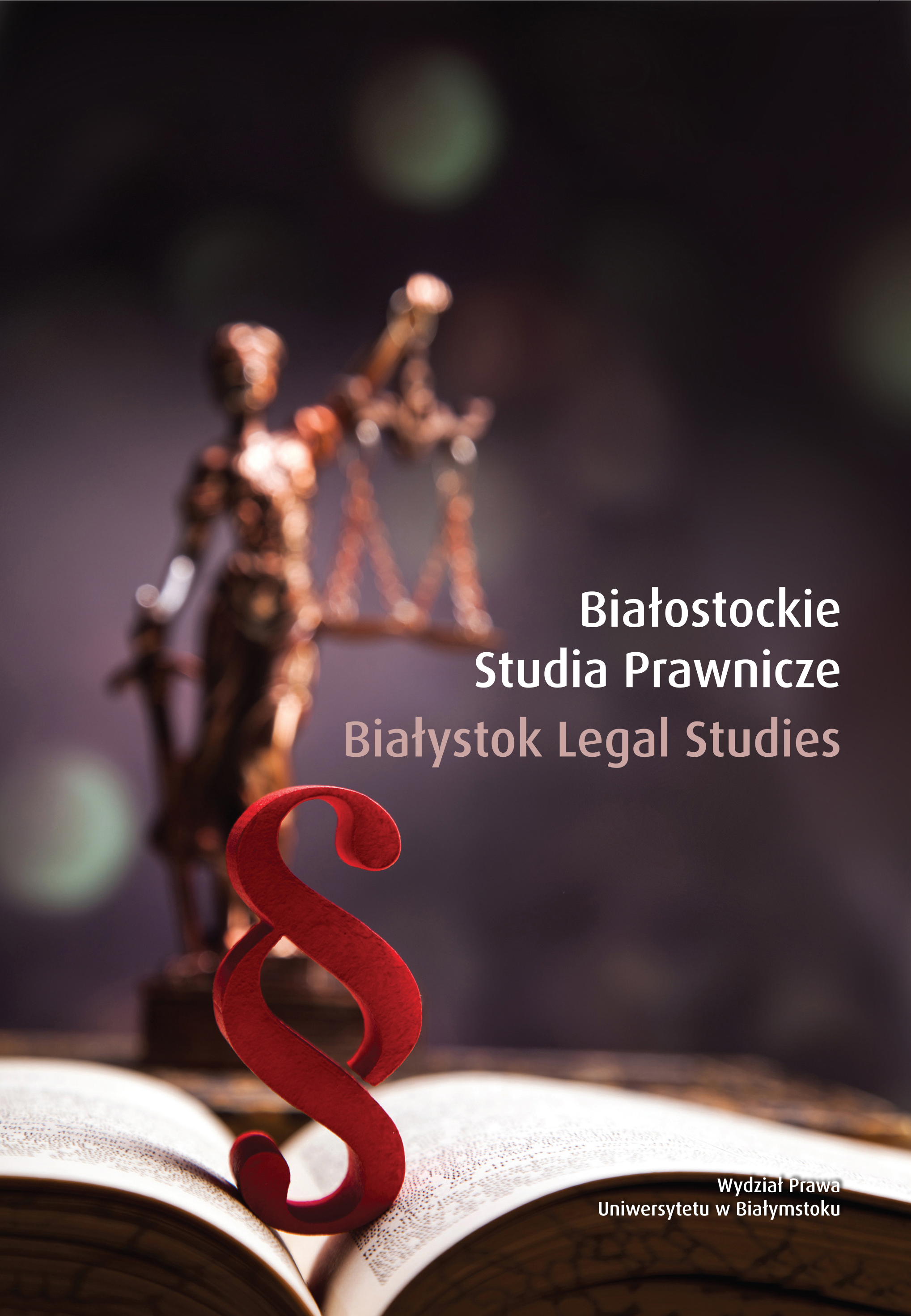The Direct Election of the Prime Minister in Israel’s Constitutional System (1992-2001)
Abstrakt
In Israel, in the period from 1992 to 2001, for the first and only time in the history of modern democracies, the law was changed to enable direct elections for the Prime Minister. This was an attempt to circumvent weaknesses in the political system which were mostly attributed to the strict rule of proportional representation in electing the Knesset: a high degree of fragmentation and ideological polarisation of parliament, excessive power of small sectarian parties, lengthy processes of forming coalition governments, and the dysfunction of government and political institutions in general. Direct elections for the Prime Minister were supposed to increase stability, efficiency and legitimacy of the Prime Minister, government and political system. The reform was unsuccessful because the expectations of its creators – that the voters would adapt to the new institutional rules – failed to materialise. Instead of expressing undivided political loyalty to the Prime Ministerial candidate and his party, most voters divided their votes in the simultaneous elections for Prime Minister and parliament: the huge majority gave one vote to the candidate for Prime Minister of one of the two biggest parties, Labour Party or Likud, while the second vote was used massively to support small parties. The reform further deepened the crisis of the political system and produced numerous theoretical dilemmas about its nature.Bibliografia
Arian A., The Israeli Election for Prime Minister and the Knesset, 1996, “Electoral Studies” 1996, Vol. 15 No. 4
Arian A., Shamir M. (ed.), The Elections in Israel – 1992, Albany 1995
Bożyk S., Izrael, (in:) S. Bożyk. M. Grzybowski (ed.), Systemy ustrojowe państw współczesnych, Białystok 2012
Bożyk S., System konstytucyjny Izraela, Warszawa 2002
Brichta A., Political reform in Israel: The Quest for Stable and Effective Government, Brighton 2001 Diskin A., Election and Voters in Israel, New York 1991
Diskin A., The Last Days in Israel: Understanding the New Israeli Democracy, Portland-Oregon 2003
Diskin A., Hazan R. Y., The 2001 Prime Ministerial Election in Israel, “Electoral Studies” 2002, Vol. 21, No. 4
Doron G., Harris M., Public Policy and Electoral Reform: The Case of Israel, Boston 2000
Elazar D.J. (ed.), Constitutionalism. The Israeli and American Experiences, Jerusalem 1990
Gallagher M., Mitchell P. (eds.), The Politics of Electoral Systems, Oxford 2005
Hazan R.Y., Diskin A., The 1999 Knesset and Prime Ministerial Elections in Israel, “Electoral Studies” 2000, Vol. 19 No. 4
Hazan R.Y., Maor M. (ed.), Parties, Elections and Cleavages: Israel in Comparative and Theoretical Perspective, London 2000
Mahler G.S., Kneset. Parlament w systemie politycznym Izraela, Warszawa 1996 Navot S., Constitutional Law of Israel, Alphen aan den Rijn 2007
Navot S., The Constitution of Israel. A Contextual Analysis, Oxford 2014 Peretz D., Th e Government and Politics of Israel, Boulder 1979
The Constitution of the State of Israel 1996-5756, Jerusalem 1996



